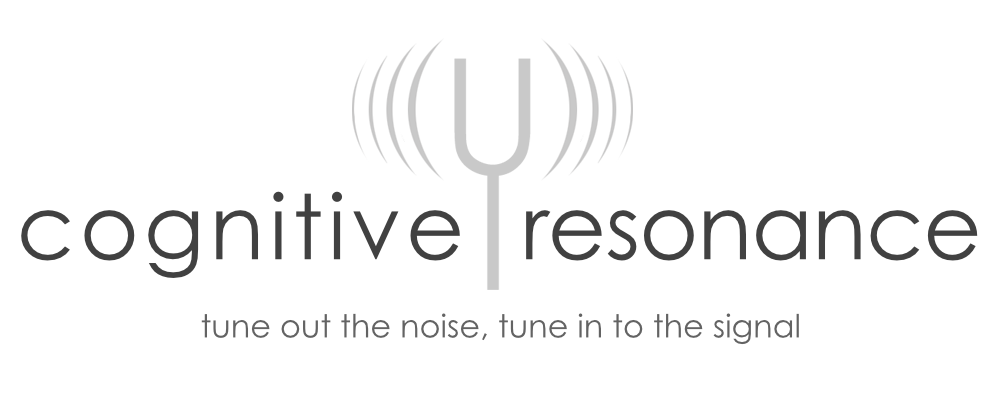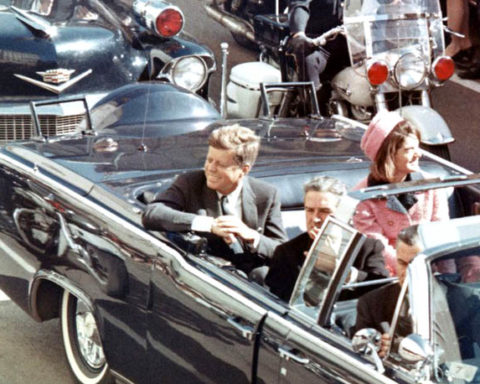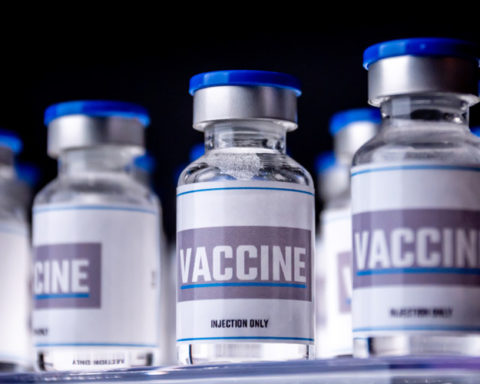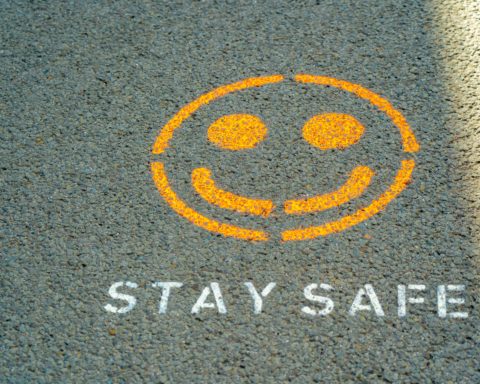Alexander Zaitchik of The New Republic
Through his hallowed foundation, the world’s de facto public health czar has been a stalwart defender of monopoly medicine.
On February 11, 2020, public health and infectious disease experts gathered by the hundreds at the World Health Organization’s Geneva mothership. The official pronouncement of a pandemic was still a month out, but the agency’s international brain trust knew enough to be worried. Burdened by a sense of borrowed time, they spent two days furiously sketching an “R&D Blueprint” in preparation for a world upended by the virus then known as 2019-nCoV.
The resulting document summarized the state of coronavirus research and proposed ways to accelerate the development of diagnostics, treatments, and vaccines. The underlying premise was that the world would unite against the virus. The global research community would maintain broad and open channels of communication, since collaboration and information-sharing minimize duplication and accelerate discovery. The group also drew up plans for global comparative trials overseen by the WHO, to assess the merits of treatments and vaccines.
The Hill’s Krystal Ball: Bill Gates Is LYING TO YOU On Vaccine Patent Protection
One issue not mentioned in the paper: intellectual property. If the worst came to pass, the experts and researchers assumed cooperation would define the global response, with the WHO playing a central role. That pharmaceutical companies and their allied governments would allow intellectual property concerns to slow things down—from research and development to manufacturing scale-up—does not seem to have occurred to them.
They were wrong, but they weren’t alone. Battle-scarred veterans of the medicines-access and open-science movements hoped the immensity of the pandemic would override a global drug system based on proprietary science and market monopolies….
Read the full article on The New Republic website
Advocates for pooling and open science, who seemed ascendant and even unstoppable that winter, confronted the possibility they’d been outmatched and outmaneuvered by the most powerful man in global public health.







